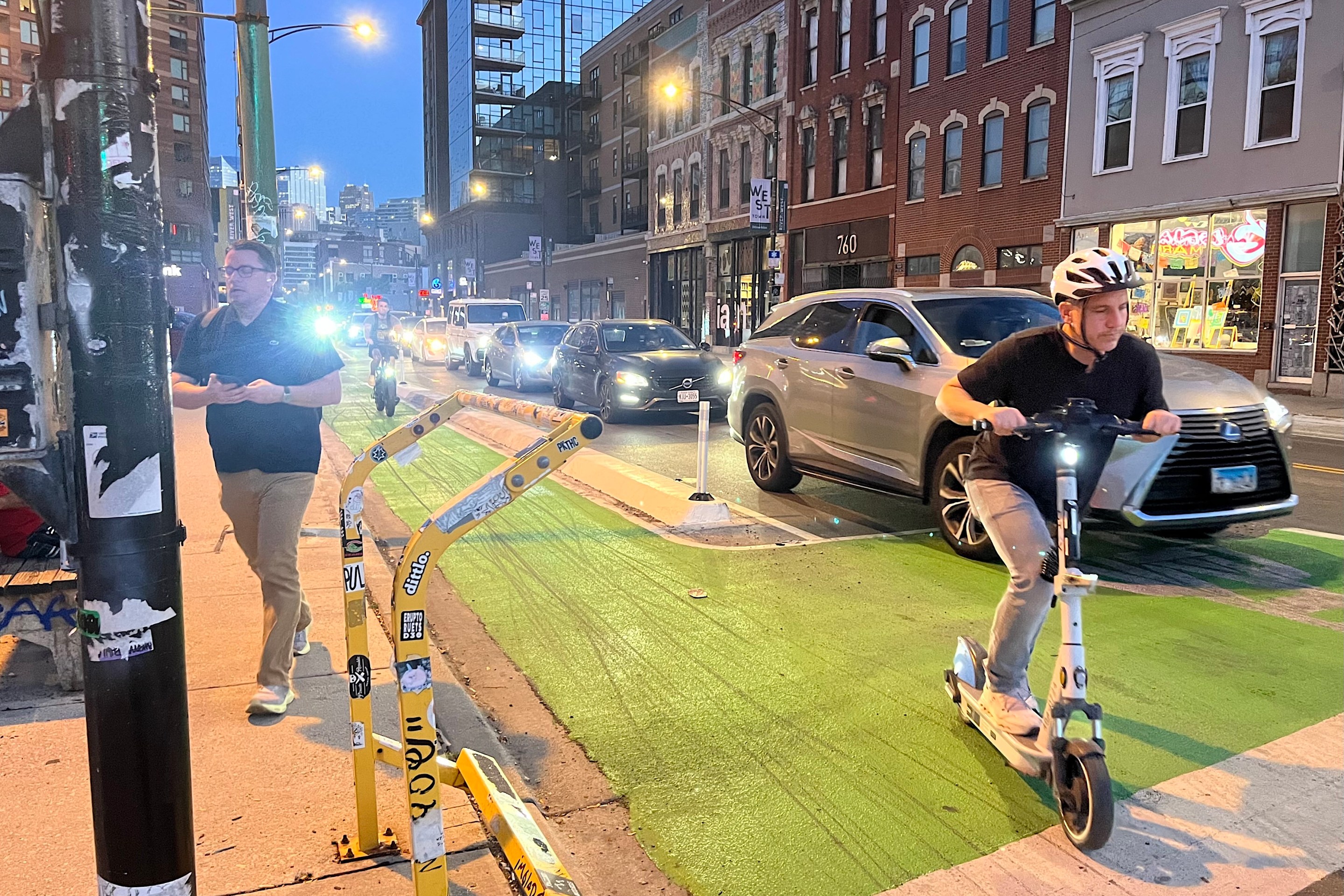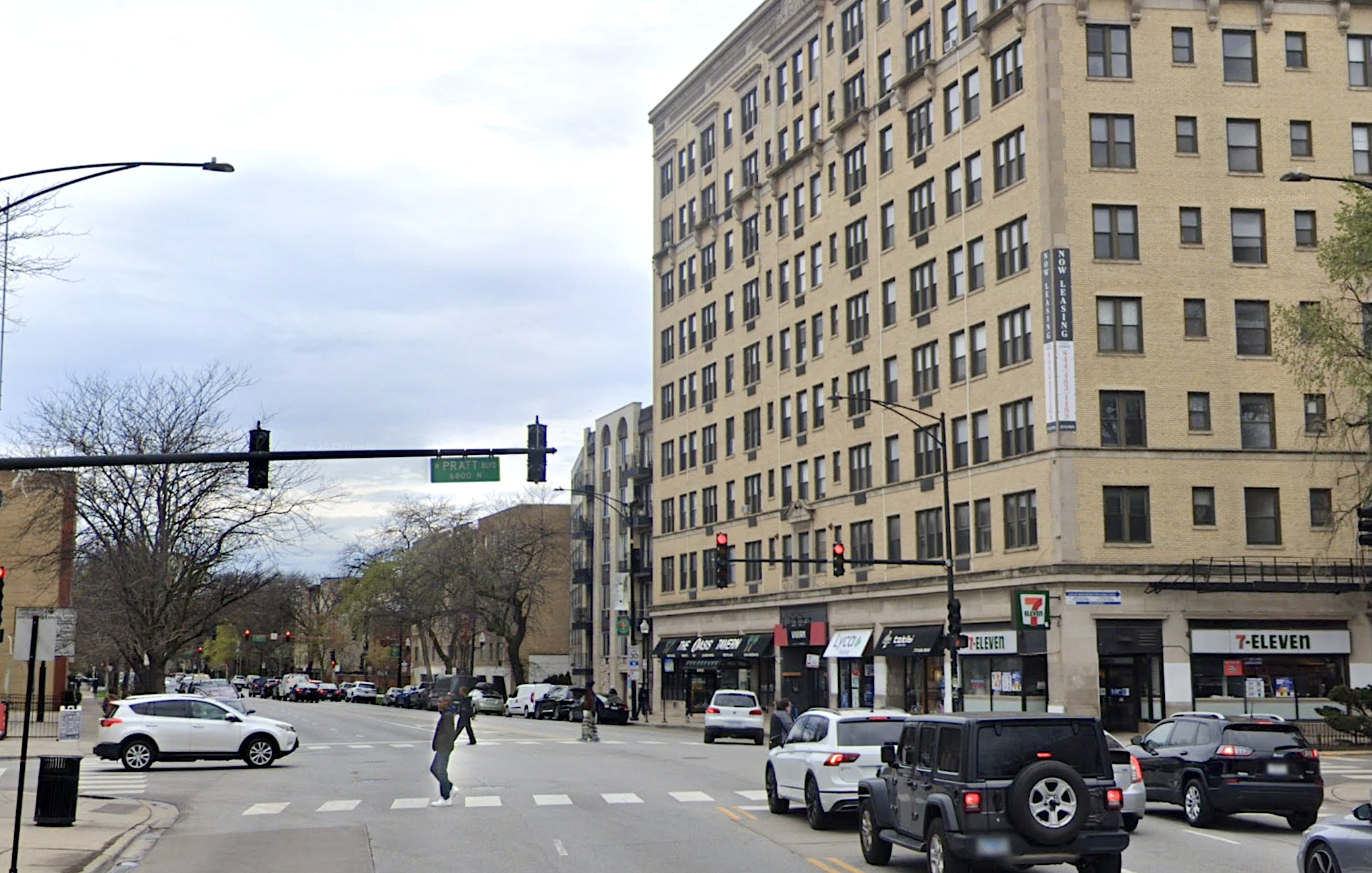Charlotte is one of 29 regions around the country that is undergoing a major regional planning effort thanks to a Sustainable Communities Planning grant from the U.S. Department of Housing and Urban Development.
Mary Newsom at the Naked City had the opportunity to attend one of the regional planning sessions taking place in the city recently. What she found was people were pretty much united around a more sustainable vision for the region:
Just about everyone said, "We don't want to become another Atlanta." One of the graduate students was, I am not making this up, from Atlanta, and she was particularly forceful on this point...
In other words, regardless of the interesting, lively, cultural vibe in Atlanta, its image in this part of the country is of one giant traffic jam and minimal public transportation. Not sure that's accurate, but that's obviously what people envision.
But Newsom found herself wondering how much those sentiments would really matter. She says strategic plans in Charlotte tend not to have much force:
[Charlotte] adopts plans, then hopes developers will follow them. Unless the plans are 20 years out of date, in which case the planners may recommend in favor of a development that doesn't follow the plan. Plus, sometimes plans have vague language which means nobody can tell if a development is following the plan or not. In any case, regardless of what plans say or what planners recommend, it's elected officials who decide rezonings.
A less obvious reason that plans may make little difference is that a lot of development takes place with no rezoning needed. Consider the vast, 733-student, gated and fenced apartment complex going up about a half mile from the planned University City light rail stop. No public notice or rezoning took place because the land was already zoned to hold suburban-form apartments.
Despite the strong sentiments in favor of better transit at the meetings, Newsom said realizing that goal will take new local tax revenues, and she's not sure there's an appetite for that. In conclusion, Newsom cites the Salt Lake City region's Envision Utah process as an example of effective regional planning, while adding that she's "hopeful but not optimistic" about Charlotte's "Connect" planning process.
Are readers in other communities engaged in a planning process like this? How it's going elsewhere?
Elsewhere on the Network today: Vibrant Bay Area considers whether urbanism and home ownership are compatible. Greater Greater Washington evaluates Seattle's "bus rapid transit lite" systems, RapidRide and Swift. And Bike Portland celebrates the city's 100th bike corral.





